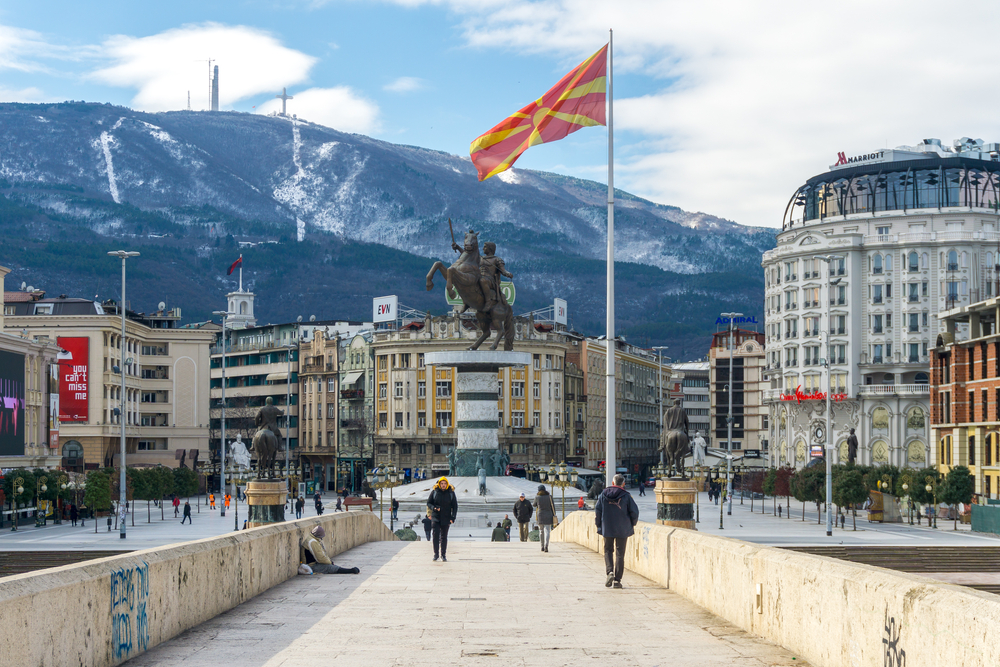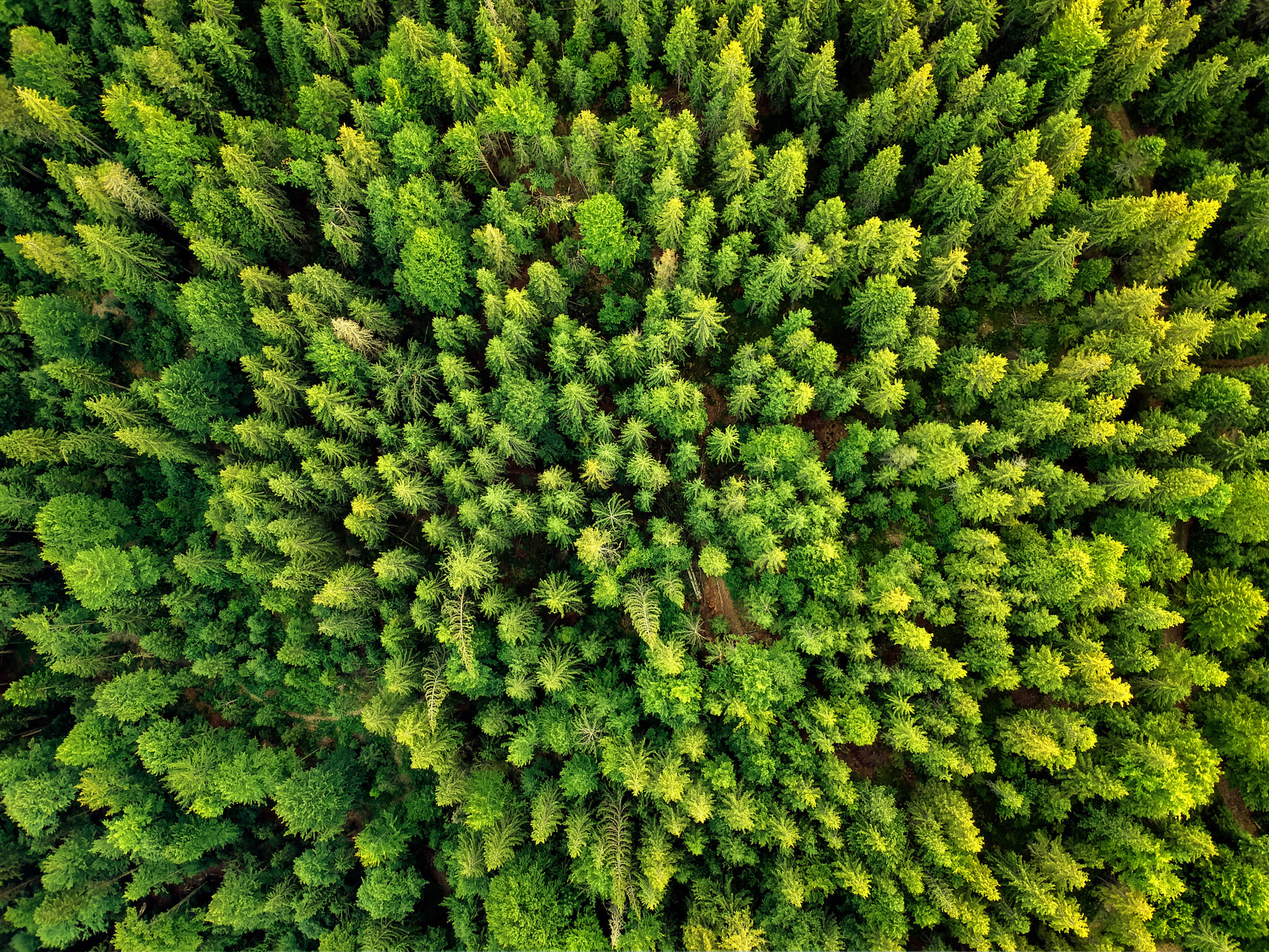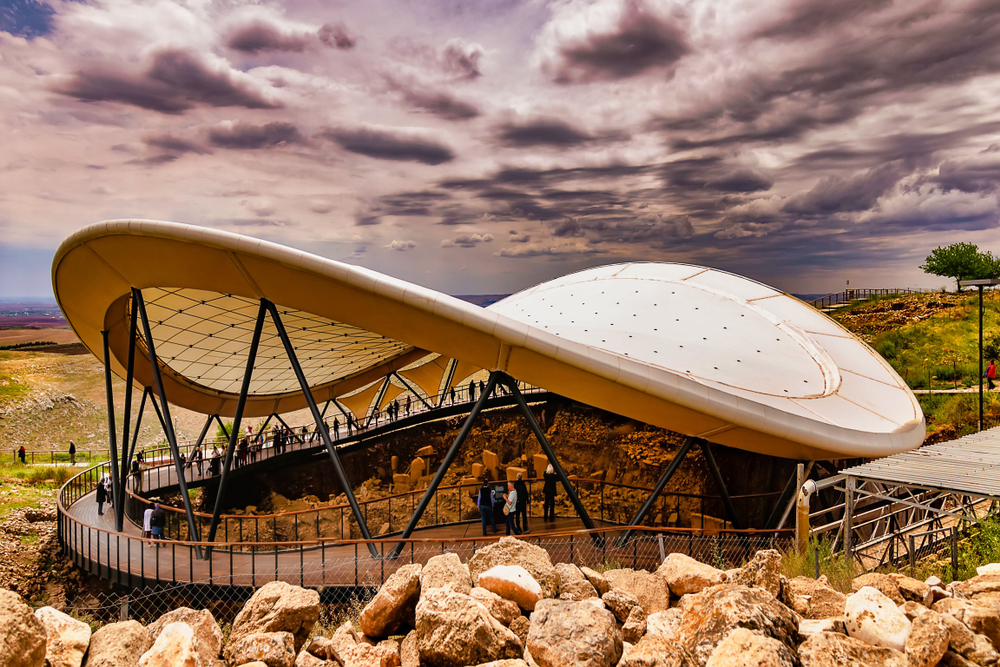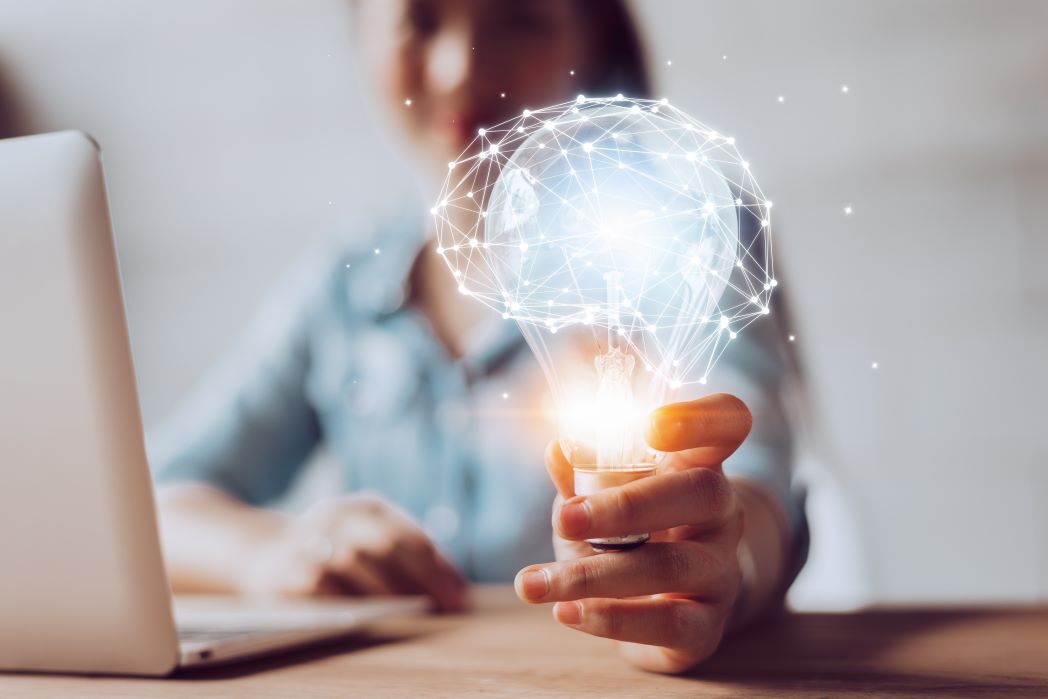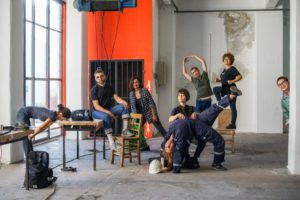Have you thought about how much we, as modern humans, serve our planet, which has helped us continuously for more than 150,000 years? What do we do to protect the resources of our Earth, which we think is infinite? Did you know that we produce waste and pollute the world since the day we existed?
We throw away anything that we think doesn’t work for us or is harmful. The waste we produced has reached such a size that we have created an “island of garbage” and mountains of plastic twice our country’s size.
After we throw our wastes into the garbage, if our municipalities have common storage areas, they go to these areas for storage and are buried in our lands to prevent bad odours and diseases. The ones who cannot be buried are mixed with underground waters through rain and poured into seas and oceans. The negative effects of wastes in nature are not just bad odour, pollution and spread of diseases, but also destroy our soils and wetlands, which are as vital as water and air.
We encounter warmer seasons and natural disasters such as floods and landslides more and more every passing year. What do you think is the reason for this? Why are the temperature rising and our water resources decreasing rapidly? The most important reason for this is the waste we throw away and the methane gases they emit at the end of putrefaction.
However, protecting our biological natural resources such as air, water, soil, land, and sea is not as difficult as it seems. We can start by packing and collecting all our dry and recyclable wastes separately (paper, metal, plastic, textile, glass) and not mixing them with our wet kitchen wastes.
We can make fertilizer (compost) in our kitchens as our grandmothers used to do. We can prevent waste by not buying more than we need or selecting recyclable/recycled products. We can avoid using disposable items such as paper cups by taking our glass to our workplaces. We can barter or donate products that we no longer use or need.
As WEglobal to raise awareness and to train specific target groups in Şanlıurfa Haliliye and Kilis provinces, we have implemented “Conducting Awareness Raising Activities and Training/ToT Sessions on “Zero Waste” in Şanlıurfa Haliliye and Kilis Center Project” between 15 July 2020 and 31 January 2021 within the scope of the project “Effective Urban Waste Management for Host Communities Phase II: Strengthening Social Cohesion through Participatory Waste Management”.
The project duration was limited to 6 months, and the Terms of Reference required many activities, including training thousands of people and visiting 12.500 households in total. As it is projected, the Covid-19 pandemic jeopardized the planned and timely implementation of project activities. However, we acted proactively and suggested new options to substitute the actual activities and had great success on the project’s expected results despite the negative circumstances.
Despite the increasing number of COVID cases in the south-eastern region of Turkey, a total of 56 online training sessions were conducted, and a total of 4223 people from different target groups such as school teachers/ administrative staff, academic and administrative staff of universities, NGO representatives, the staff of public institutions and municipalities were trained. In parallel to the training events, a very detailed Awareness Raising Campaign Plan was prepared. Many promotional materials including animation and promotional videos, posters, billboard designs, were produced and disseminated to increase awareness throughout the target groups. Moreover, brochures and market bags were distributed through 12.500 households.
As household members cannot be informed with household visits, informative video content was broadcast on local TV channels. With this, the project reached not just the Syrians. It hosted communities living in Şanlıurfa Haliliye and Kilis, it reached all households in Şanlıurfa, Kilis, Gaziantep and Hatay and raised their awareness about Zero Waste.
Face to face training activities turned into online training activities, which seems like a disadvantage at first sight. However, delivering online sessions contributed to the project’s sustainability since all sessions were recorded, and all materials are shared via the e-learning platform.
Not only the target groups of the project, but we can all take care of our world for a cleaner tomorrow. Because we have one world!
Author: Gözde Töreyen, WEglobal Project Manager
